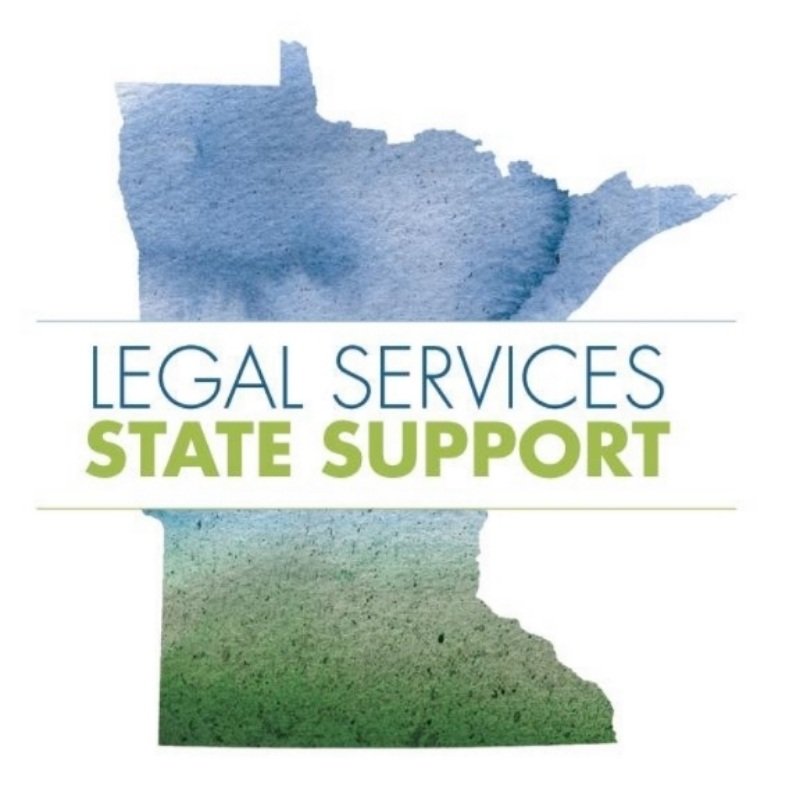Last week, the Minnesota State Legislature passed a bill that will crack down on settlement purchasing companies that prey on accident victims by soliciting, and in some cases harassing, them to sell their future payments. An October 2021 Star Tribune investigatory series uncovered egregious abuses of accident victims, some with serious cognitive impairments, by companies pressuring them into selling insurance settlements and annuity payments for a small fraction of the total award, often leaving them without adequate resources to take care of themselves and their families in the future. The Legal Services Advocacy Project (LSAP) was a key part of a team, including legislators and other groups, that helped craft and advocate for enactment of the strong consumer protections in the bill. Governor Walz is expected to sign the new bill into law with an effective date of August 1, 2022.
Settlement payments are often the only income for those whose lives are upended by an accident. Accident victims frequently do not understand what they are giving up with such sales, and judges are not equipped with the needed tools to assist them. Required court hearings to review such transactions are usually short and with few questions on merit.
These deals must be approved by a court, but judges had little statutory guidance to properly scrutinize these proposed transfers. The new legislation will give judges the tools they have been asking for, including requiring them to consider numerous factors, such as the age, maturity level, and financial situation of the seller, in determining whether a deal is truly in the seller's best interest. It also allows courts to appoint an outside, independent attorney-adviser in any case, and requiring an appointment in cases involving sales of minors' settlements or prospective sellers with cognitive impairments. The new law will also prohibit aggressive marketing and sales tactics, including barring purchasing companies from harassing consumers through repeated contact.
"We are light-years ahead of where the law was," said Ron Elwood, supervising attorney of the Legal Services Advocacy Project. "I think Minnesota's law is now among the best, if not the best, consumer protection law in this area in the country."
Read the full story in the Star Tribune.

